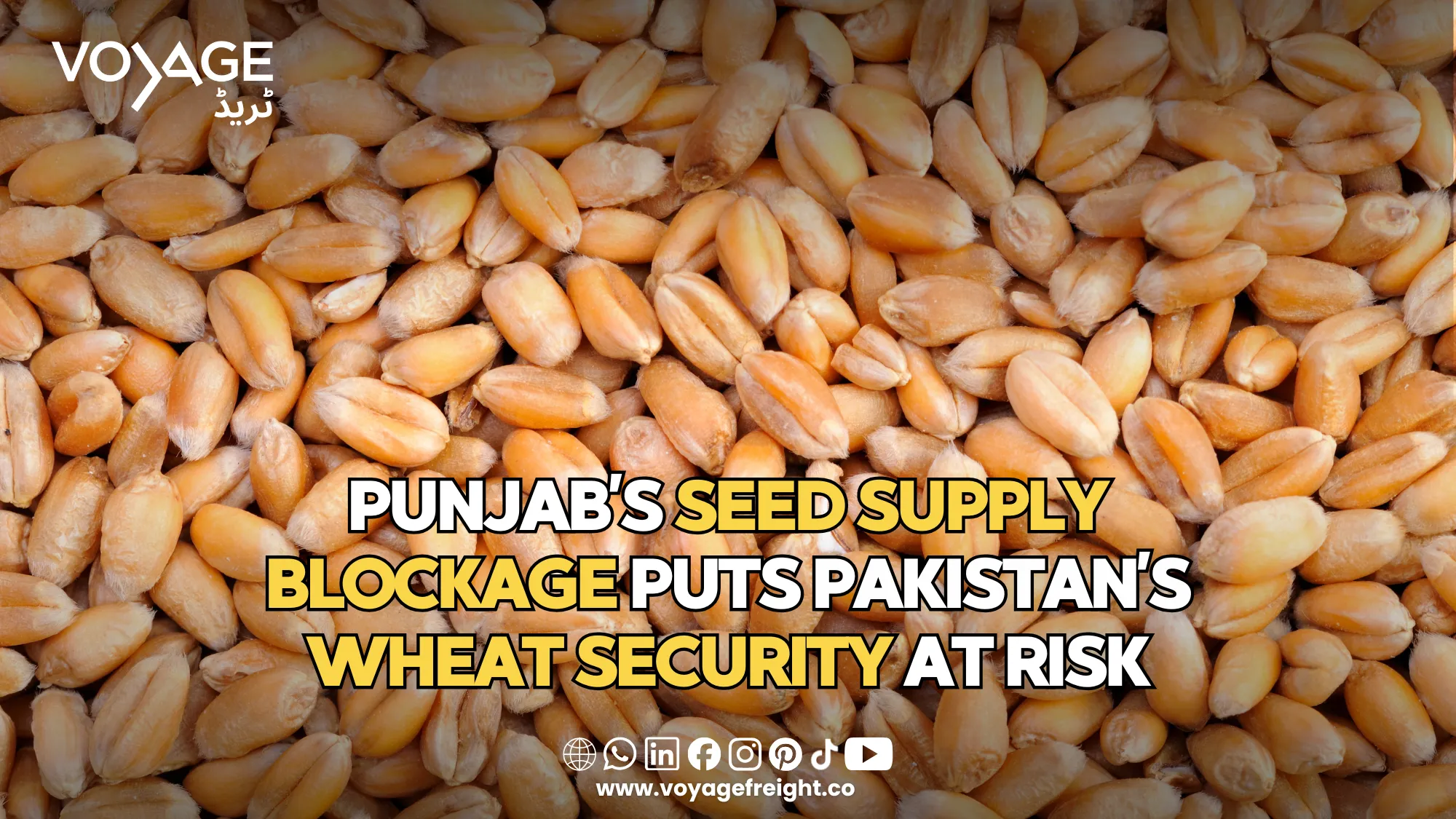
Punjab’s Seed Supply Blockage Puts Pakistan’s Wheat Security at Risk
Pakistan’s food security is once again under threat — this time due to a serious disruption in wheat seed distribution. Punjab, which supplies nearly 94% of the country’s certified wheat seed, has reportedly blocked the movement of seeds to other provinces. This decision, if not resolved swiftly, could have far-reaching consequences for national wheat production and the country’s already fragile food system.
Punjab’s dominance in seed production makes it the backbone of Pakistan’s wheat cultivation. Farmers across Sindh, Khyber Pakhtunkhwa, and Balochistan rely heavily on timely delivery of certified seeds from Punjab. However, actions by the Punjab Agriculture Regulatory Authority (PERA) and the Punjab Food Department have effectively halted this critical flow. As a result, seed suppliers and farmers are warning of a looming crisis that could derail the upcoming wheat sowing season.
The most immediate impact will be delayed planting. Wheat cultivation in Pakistan follows a narrow window; any delay directly reduces yield potential. If farmers in other provinces do not receive their seed stock on time, they may resort to using old or uncertified seed varieties, which could further decrease productivity. Moreover, the shortage of certified seed means a higher risk of disease, poor germination, and reduced grain quality — factors that directly threaten food availability and prices.
Experts also caution that the blockage could trigger a chain reaction. Lower wheat output would push flour prices higher, intensifying the cost-of-living crisis for millions of Pakistanis. The government might then be forced to import additional wheat, placing more pressure on foreign reserves. For small farmers, late planting and poor yields mean lower income, discouraging future investment in agriculture.
This situation highlights a deeper issue within Pakistan’s agricultural governance. When one province controls almost all certified seed production, any administrative or political hurdle can ripple across the entire nation. To ensure long-term stability, the government must encourage decentralized seed production, strengthen inter-provincial coordination, and prioritize timely logistics for seed distribution.
If the current restrictions persist, Pakistan could face a significant decline in wheat output this year. Policymakers need to act urgently — not just to lift the ban, but to reform how agricultural inputs are managed and distributed. Wheat is more than just a crop; it’s the foundation of Pakistan’s food security. Protecting its production means protecting the country’s stability and the livelihood of millions of farmers.
Source: Minute Mirror

